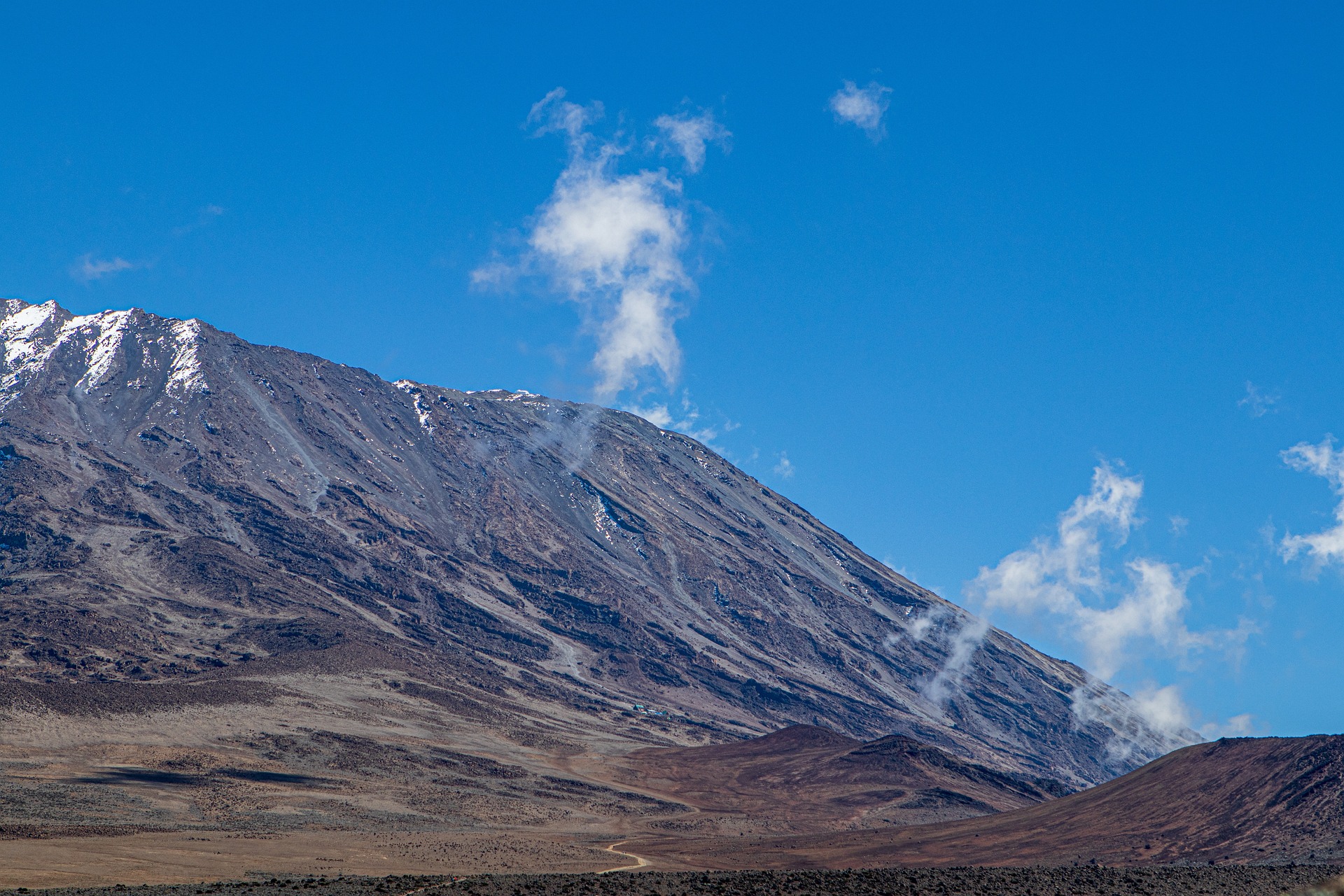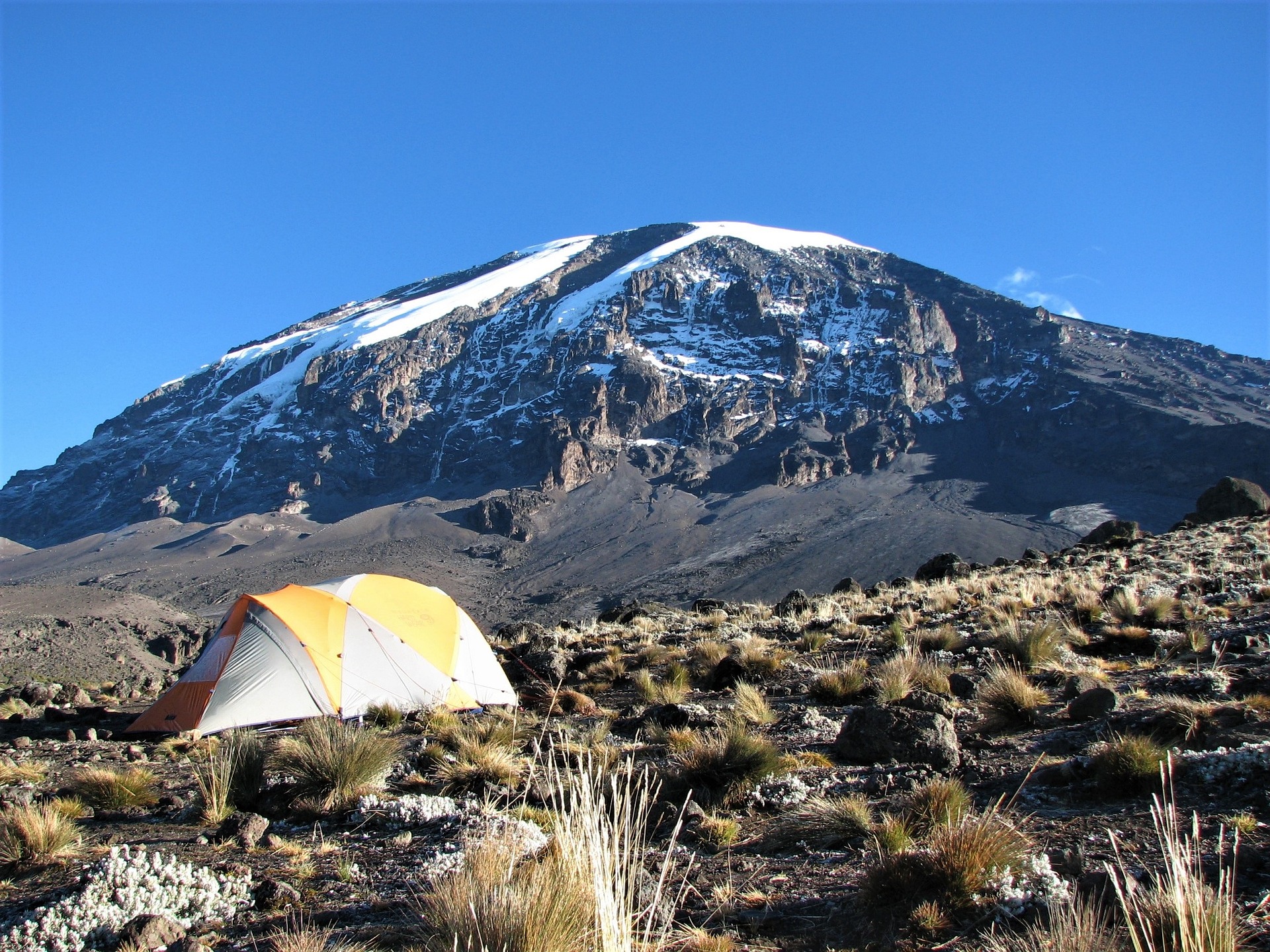$2,200/
Per PersonThe Marangu Route, often referred to as the “Coca-Cola Route,” is the most popular and one of the oldest routes to the summit of Mount Kilimanjaro. It’s known for its gradual slope and comfortable accommodations in mountain huts, making it a favored choice for first-time trekkers and those seeking a less strenuous climb.
Included and Excluded
- Accommodation on mountain.
- Meals: Breakfast, lunches & Dinner
- Professional mountain guides for trekking.
- Porters to carry equipment and supplies
- Cook Staff to prepare meals during the trek.
- Kilimanjaro Park Fees
- Environmental and Conservation Fees
- Airport Transfers
- Tents and cooking equipments
- Safety Equipment
- Rescue Services
- Medical Support
- Achievement Certificate: Upon reaching Uhuru Peak.
- International Flights: Airfare to and from Kilimanjaro International Airport.
- Visa Fees: Tanzanian visa on arrival (if applicable).
- Travel Insurance: Mandatory travel insurance, including coverage for high-altitude trekking.
- Tipping: Tips for guides, porters, and cooks.
- Personal Equipment: Clothing, hiking boots, and other personal trekking gear. Sleeping bag (can be rented).
- Meals in Arusha|Moshi: Lunch and dinner before and after the trek in Moshi | Arusha (unless included in the hotel stay).
- Optional Tours: Any additional activities or tours before or after the trek, such as safaris or Zanzibar trips.
Route Highlights
- Accommodation in Huts: Unlike other routes where camping is necessary, the Marangu Route offers the comfort of sleeping in mountain huts with communal dining areas.
- Scenic Diversity: The route takes you through various climatic zones - from lush rainforest to alpine desert - culminating in the icy summit of Uhuru Peak.
- Shorter Duration: The Marangu Route is typically completed in 5 days, making it one of the quickest ways to reach the summit. This can be advantageous for those with limited time but poses a greater risk for altitude sickness due to the shorter acclimatization period.
- Cultural Experience: The starting point, Marangu Gate, is near the Marangu village, offering opportunities to experience the local Chagga culture before or after the trek.
- Summit Day: The final push to Uhuru Peak begins at midnight from Kibo Hut, allowing trekkers to reach the summit by sunrise. The reward is a breathtaking view from the "Roof of Africa."
Itinerary
Arrive in Arusha / Moshi, where you'll meet your guide for a pre-trek briefing and gear check. This is your chance to ask any last-minute questions and ensure you’re fully prepared.
- Accommodation: Overnight at a hotel in Arusha / Moshi.
After breakfast, drive to Marangu Gate for registration. Begin your trek through lush rainforest, where you might spot blue monkeys. The path is well-defined and gradually ascends to Mandara Hut, located on the forest edge.
- Hiking Time: 5-7 hours
- Distance: 8 km (5 miles)
- Habitat: Montane Forest
- Accommodation: Overnight at Mandara Hut.
The trek continues through the last section of the rainforest, then transitions into the moorland zone. As you ascend, you’ll have views of the Kibo and Mawenzi peaks. The landscape becomes more barren, with giant lobelias and groundsels dotting the path. By late afternoon, you’ll reach Horombo Hut, where you’ll have time to rest and acclimatize.
- Hiking Time: 6-8 hours
- Distance: 12 km (7.5 miles)
- Habitat: Heathland
- Accommodation: Overnight at Horombo Hut.
This acclimatization day is crucial for your success on the summit. You can hike to the nearby Mawenzi Ridge or Zebra Rocks, reaching elevations of around 4,000m. The hike provides a good opportunity to acclimate to the altitude and enjoy stunning views. Return to Horombo Hut in the afternoon for rest.
- Hiking Distance: 5-10 km (optional hike)
- Hiking Time: 3-5 hours (optional hike)
- Vegetation Zone: Moorland/Alpine Desert
- Accommodation: Overnight at Horombo Hut.
The trek today takes you through the last water point at 4,130m and crosses the "Saddle," a lunar-like landscape between Kibo and Mawenzi peaks. The climb is gradual but steady as you head toward Kibo Hut.
- Hiking Time: 6-8 hours
- Distance: 10 km (6 miles)
- Habitat: Alpine Desert
- Accommodation: Overnight at Kibo Hut.
You’ll start the final ascent around midnight. The trail to the summit is steep and challenging, but you'll be rewarded with breathtaking views at Gilman’s Point (5,685m) and the summit, Uhuru Peak, at 5,895m—the highest point in Africa. After taking in the views and photos, you'll descend back to Horombo Hut for rest.
- Hiking Time: 11-15 hours (Summit and Descent)
- Distance: 18 km (11 miles)
- Habitat: Arctic
- Accommodation: Overnight at Horombo Hut.
Enjoy a final breakfast on the mountain before descending back through the heathland and rainforest to Marangu Gate. Upon arrival, you’ll sign out, receive your summit certificates, and then be transferred back to Arusha / Moshi.
- Hiking Time: 5-7 hours
- Distance: 20 km (12.5 miles)
- Habitat: Montane Forest
- Accommodation: Overnight at a hotel in Arusha / Moshi (optional).
After breakfast, you will be transferred to Kilimanjaro International Airport or Arusha Airport for your departure, or you can continue your adventure with a safari or a trip to Zanzibar.
Mt. Kilimanjaro Frequently Asked & Question
Book This Tour
Reserve your ideal trip early for a hassle-free trip; secure comfort and convenience!






